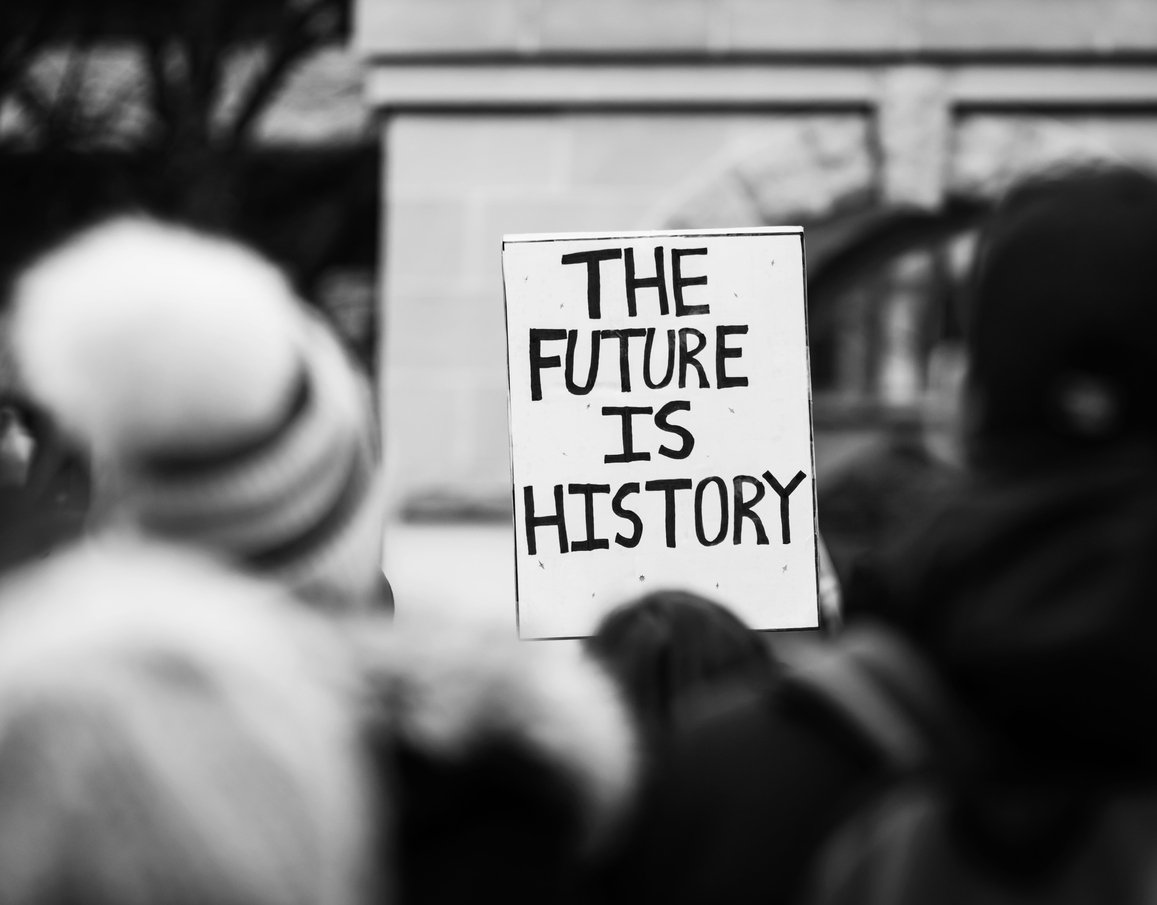
Social studies teachers hold the key to our future.
The term social studies came into use in the late eighteenth and early nineteenth century to describe an interdisciplinary approach to diverse disciplines. The inventors of this phrase envisioned classrooms creating students who could understand and propose solutions to the current problems of the era. They knew that societal issues don’t draw lines between the disciplines of history, geography, economics, government, psychology, sociology, anthropology, and philosophy. The first social studies educators hoped to combine the best all these had to offer to create a better future.
This vision is still applicable a century later. The issues of today—pandemics, globalization, economic change, shifting culture, inequities based on race, ethnicity, sex, gender, and socioeconomics—still require an interdisciplinary understanding. Social studies teachers can provide that!
Social studies matters for these reasons:
1. Issues in the past can inform our responses in the present and our future
Pandemics aren’t a new thing! They occurred regionally and worldwide in every era from the ancient world to the twentieth century. However, while the phrase “history repeats itself” is commonly used, it is not always true. We’ve learned a lot about how to manage a pandemic in the span of human history. Contrasting as well as comparing the past and present from multiple angles is an important social studies skill.
Furthermore, good social studies classes examine the daily lives of all sorts of people from the past and cultures around the world, not just the rich and famous or people from one’s own culture. Through this examination of men and women from different eras, cultures, groups, and walks of life, students gain empathy for diversity in the present.

2. Everything in the news is social studies
We can’t truly dissect, analyze, and use information from the media unless we understand it. Social studies teaches the facts we need to know, the critical thinking skills and the primary source analysis strategies we must apply. The impact of media information falls in the realm of sociology and psychology—how groups and individuals respond. One must also understand how culture informs our perceptions. And the principles of government, geography, and economics must be known to decide if information is reliable, useful, or misleading.
3. Every student is a future citizen
In 1782, Thomas Jefferson said, “Every government degenerates when trusted to the rulers of the people alone. The people themselves, therefore, are its only safe depositories. And to render them safe, their minds must be improved.” His statement holds true 238 years later. Students must learn the skills of citizenship, and acquiring those skills goes far beyond one or two classes in government. Good citizens know the facts about how governments work, the intellectual skills to think critically and make informed decisions, and the social skills to participate in local, state, and federal government. Social studies teachers are the primary custodians, defenders, and mentors of these skills.
Seeking more curriculum and activity resources?
See what our professional development team can do for you!
Cynthia W. Resor is a social studies education professor and former middle and high school social studies teacher. Her dream job? Time-travel tour guide. But until she discovers the secret of time travel, she writes about the past in her blog, Primary Source Bazaar. Her three books on teaching social history themes feature essential questions and primary sources: Discovering Quacks, Utopias, and Cemeteries: Modern Lessons from Historical Themes; Investigating Family, Food, and Housing Themes in Social Studies and Exploring Vacation and Etiquette Themes in Social Studies.